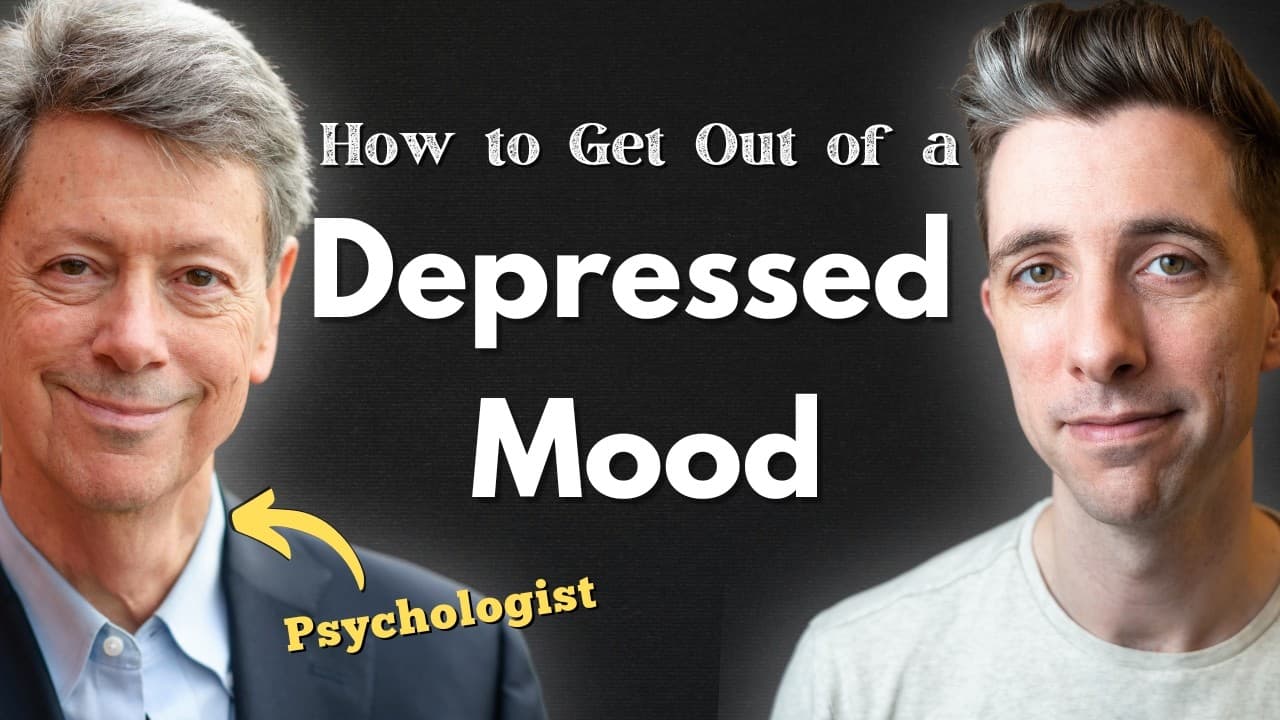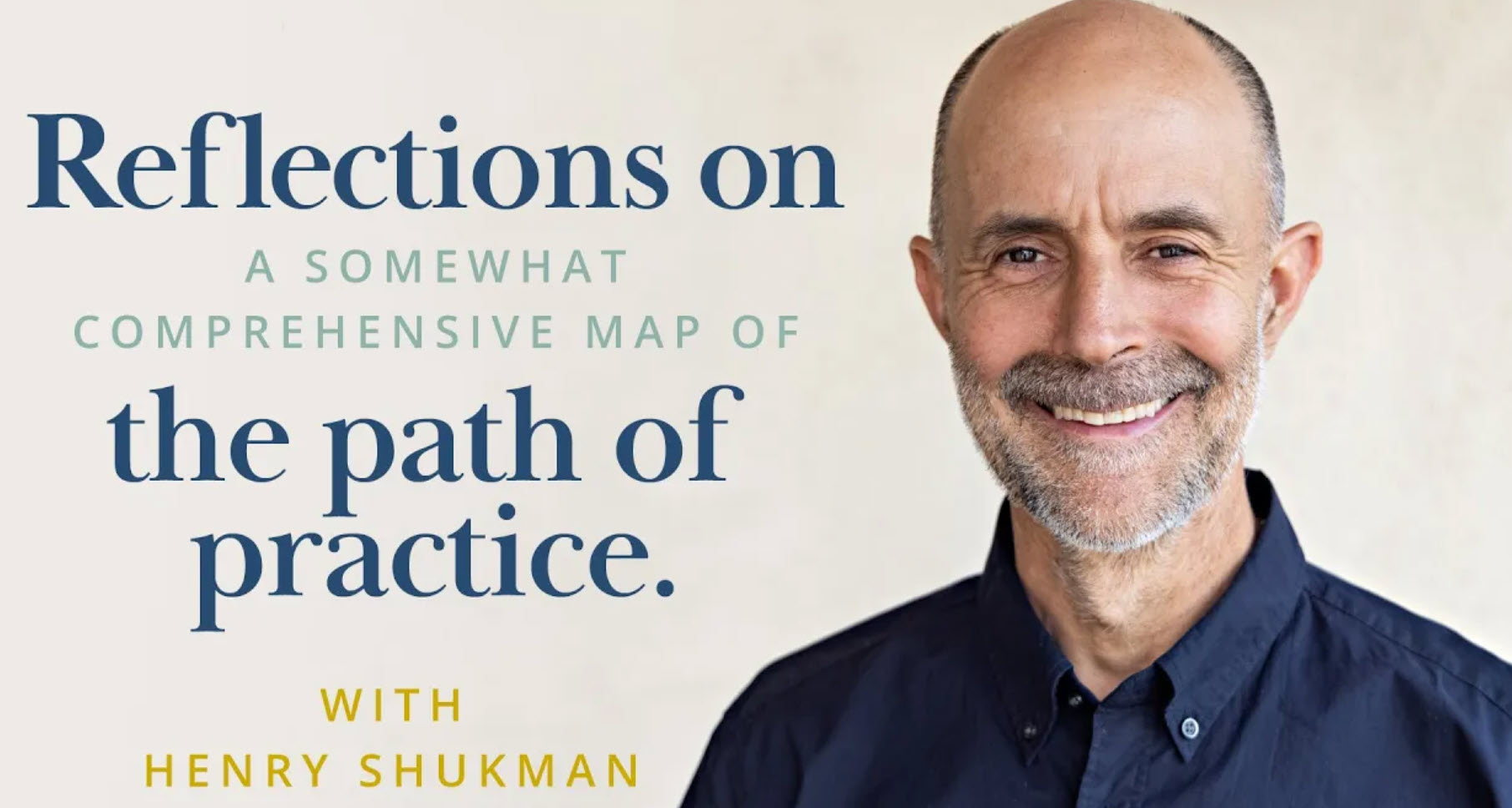When you try to change your life for better, sometimes you bump into a block, such as distracting thoughts. Blocks are common. They’re not bad or wrong – but they do get in the way. What works is to explore them with self-acceptance, and see what you can learn about yourself. One valuable aspect of taking in the good is that it often reveals other issues, such as an underlying reluctance to let yourself feel good. Then you can address these issues with the suggestions below. With practice and time, blocks usually fade away.
Blocks to Any Inner Practice
• Distractibility – Focus on the stimulating aspects of positive experiences, which will keep your attention engaged with them.
• Just not in touch with your body or your feelings – Explore and get used to simple pleasant sensations, such as the taste of pancakes with syrup, the feeling of warm water on your hands, or the ease in exhaling.
• Uncomfortable tuning into your own experience – Put yourself in a safe setting, and remind yourself that you don’t have to be externally vigilant. Look around for objects or people that give you comfort and a sense of protection. Bring to mind what it feels like to be with someone who cares about you. Remember that you can shift your attention away from your experience at any time you want. Be aware of something pleasant in your experience, such as a pretty sight or enjoyable sound, and notice again and again that continuing to be aware of it is all right for you, that nothing bad is happening to you. Overanalyzing, pulling out of the experience – Bring attention back into your body and emotions. For example, follow one breath from beginning to end, or gently name what you’re feeling to yourself (e.g., revved up . . . exasperated . . . calming . . . feeling better).
Blocks Specific to Taking In the Good
• It’s hard to receive, including a good experience – Inhale and sense that it’s okay to let something in. Pick a simple positive emotion such as relief or gladness, open to it and let it come into your mind, and recognize that you’re still fine.
• Concern that you’ll lose your edge in business or life if you no longer feel “hungry” – Realize that building up inner resources such as confidence and happiness can only aid your success. On a foundation of well-being, you can still be very determined and ambitious. Additionally, taking in the good trains your mind to see the whole picture, which could help you spot more opportunities.
• Fear that you’ll lower your guard if you feel better, and that’s when people get whacked – Remind yourself that you can still be watchful while also feeling good. Focus on building up inner strengths such as determination, resilience, confidence, and feeling cared about so you can become less worried about lowering your guard.
• Belief that seeking to feel good is selfish, vain, or sinful, or that it’s disloyal or unfair to those who suffer, or that you don’t deserve it – It’s moral to seek the welfare of all beings, and “all beings” includes the one wearing your name tag. You matter, too. Increasing your happiness will not increase the suffering of others, nor will increasing your suffering make them happier. In fact, developing your inner strengths, including peace, contentment, and love, will provide you with more to offer others. Taking in praise or a sense of accomplishment won’t make you conceited; as people feel fuller inside, they’re less likely to get puffed up or arrogant.
• Fear that if you let yourself feel good, you’ll want more but be disappointed – Recognize that if you feel good today, there’s a good chance you will also feel good tomorrow, and thus not get disappointed. Even if you do become disappointed, know that this will be unpleasant but not over-whelming. Put the risks of disappointment in perspective: What’s greater, the cost of occasional disappointment or the benefit of feeling good and building up strengths inside?
• As a woman, you’ve been socialized to make others happy, not yourself – Your needs and wants have the same standing as theirs. And if you want to care for others, you have to nurture yourself.
• As a man, you’ve been socialized to be stoic and not care about your experience – You need to refuel or you’ll run out of gas. Also, building up your inner “muscles” makes you stronger, not weaker.
• Positive experiences activate negative ones – This is counterintuitive, but it’s actually common. For example, feeling cared about could stir up feelings of not being loved by the right person. If something like this happens for you, know that whatever is negative does not change the truth of what is positive. Then refocus on the positive experience, particularly its enjoyable aspects (which will help keep your attention in it). There are payoffs in not feeling good – sometimes, let’s face it, there can be a certain gratification in being outraged, aggrieved, hurt, resentful, righteously indignant, or even blue. But, at the end of the day, what’s better for you: these payoffs . . . or actually feeling good?
• You’ve been punished for being energized or happy – Really recognize that you spend time with different people today than those in your childhood. Notice the people who are fine with you feeling good. Wouldn’t you have liked it if someone had stood up for you when you were young and lively and joyful? Well, you can be that person for yourself today.
• Belief that there is nothing good inside you – The good that others see in you is not a delusion of theirs. It is real, as real as your hands. Hold on to the knowing of the reality of your helpful actions, good intentions, and caring feelings. If people put you down or shamed you in the past, recog-nizing the realness of your goodness is a way to be fair and kind toward yourself today. (For more, see the section on recognizing the good in yourself in chapter 6, and the practice “Feeling Like a Good Person” on page 213.)
• Belief that there’s no point in feeling good since some things are still bad – Know that the bad things that exist do not remove the good ones; the hole does not get rid of the donut. Plus, one way to deal with the bad is to grow the good. I love this proverb: Better to light a single candle than to curse the darkness.
* * * * *
Adapted from Hardwiring Happiness: The New Brain Science of Contentment, Calm, and Confidence



